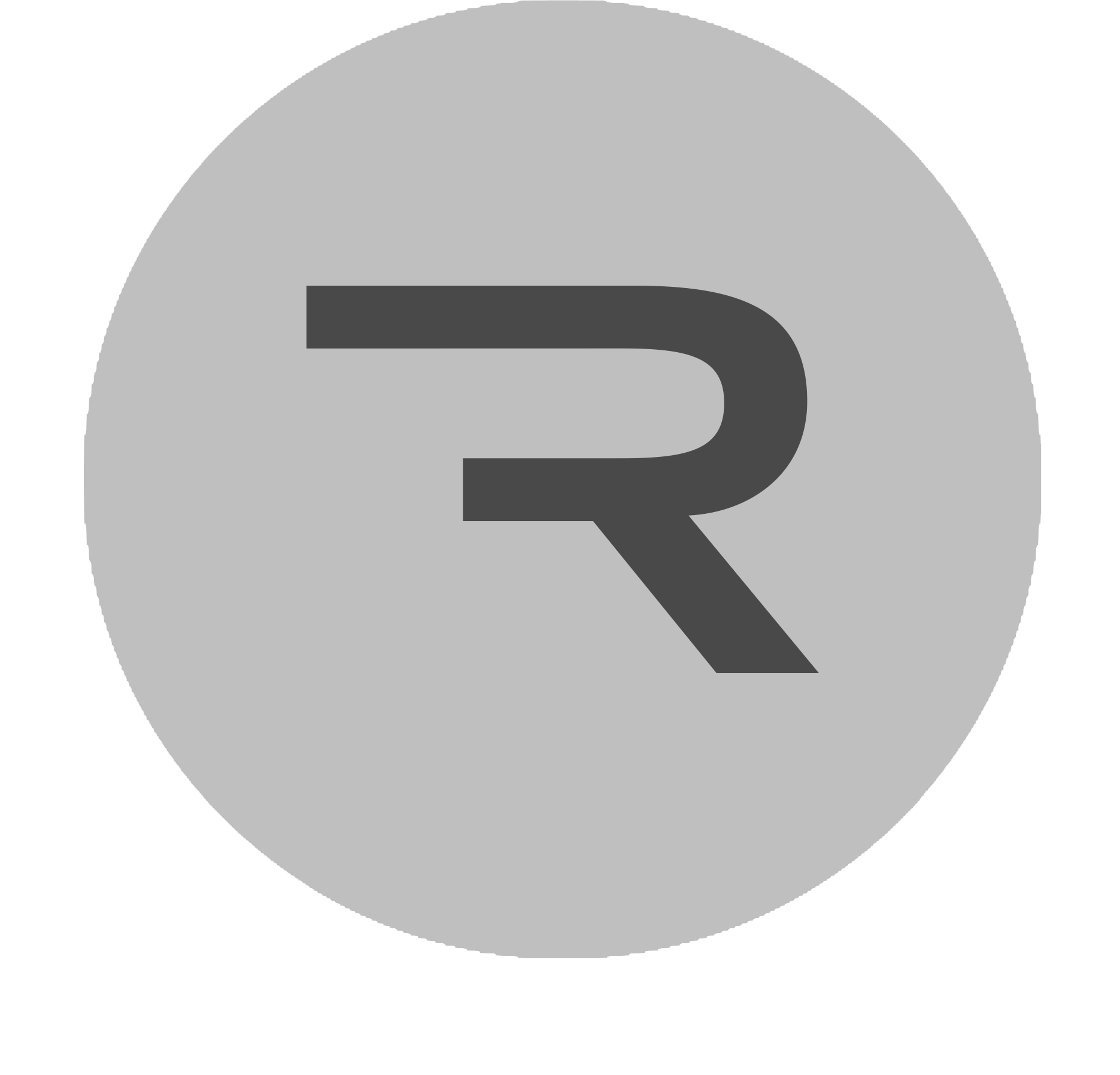As an accountant, your day is filled with numbers, spreadsheets and deadlines. Every company relies on their accounting team to maintain financial stability and continuity by keeping track of transactions, expenses and profits. In today’s digital age, the role of an accountant has evolved from traditional bookkeeping and tax filings to taking a more strategic, predictive approach to financial planning. With the right tools and technology, accountants can now optimize their workflows and gain insights to make key business decisions.
One tool that stands out is BlackLine, the cloud-based finance and accounting software that automates mundane tasks and streamlines processes. A typical day in the life of an accountant that uses BlackLine starts with logging in to the software’s dashboard, which displays their team’s tasks for the day. The dashboard provides a real-time view of all the assigned work, outstanding tasks and allows for task reassignment and priority settings. With this comprehensive view of accountants’ workload, they can manage their time effectively and ensure timely completion of tasks.
The first task for an accountant may be balance sheet reconciliations, which involve comparing general ledger data to the reconciling items to verify their accuracy and completeness. In the past, reconciliations have been a manual and tedious task that requires significant time and effort. But with BlackLine, the software can enable faster, more accurate reconciliations. The system automates mapping, matching, and enrichment of data, and identifies exceptions, variances, and errors for corrective action. By using BlackLine, accountants can complete reconciliations in a fraction of the time it would take manually, giving them time to work on other critical activities.
Once the reconciliations are completed, accountants can move on to transaction matching. This task involves comparing two sets of transaction data to ensure that they correspond correctly. With BlackLine, the process of transaction matching is automated, enabling accountants to identify and resolve discrepancies with ease. The system compares a company’s transaction information with its counterparties’ transaction information, which reduces human error and increases accuracy in matching financial data. The time saved can then be used to perform more calculations, analyze trends, or conduct financial risk assessments.
After transaction matching, accountants can perform variance analysis, looking for discrepancies between actual and expected results and identifying factors that contributed to the variances. For instance, if a company’s revenue was lower than expected, accountants would investigate where the revenue loss occurred using BlackLine. The software provides interactive dashboard displays, trending charts, and data analytics tools, which enable accountants to identify anomalies or trends in real-time. This bird’s eye view of the financial data highlights areas that need improvement or attention, uncovering opportunities for growth, revenue optimization, or cost savings.
The final task for the day would be approval workflows. Approval workflows include reviewing and signing off on balance sheet accounts or journal entries, ensuring compliance with regulations, and ensuring internal control policies are followed. One of the most significant benefits of using BlackLine is its automation capabilities. The software enables visualization of approvals, routing for approval, and integration of approval with external tools. Accountants can simply “click to approve” or “click to reject” on the approvals that are generated from BlackLine, eliminating the risk of misplaced or incomplete approvals and facilitating compliance assurance.
In conclusion, a day in the life of an accountant is a complex and crucial cycle that keeps businesses financially stable. The use of BlackLine software can dramatically reduce the manual and tedious tasks traditionally associated with accounting, freeing up accountants to focus on analyzing data, making recommendations, and proactively solving issues. The software’s dashboard, balance sheet reconciliations, transaction matching, variance analysis, and approval workflows are all critical tools that ensure accounting processes are streamlined, error-free, and efficient. Ultimately, BlackLine empowers accountants to be more strategic in their approach to business and ensures financial stability.
Read more about Financial Close & Consolidation:
The Future of Finance & Accounting

